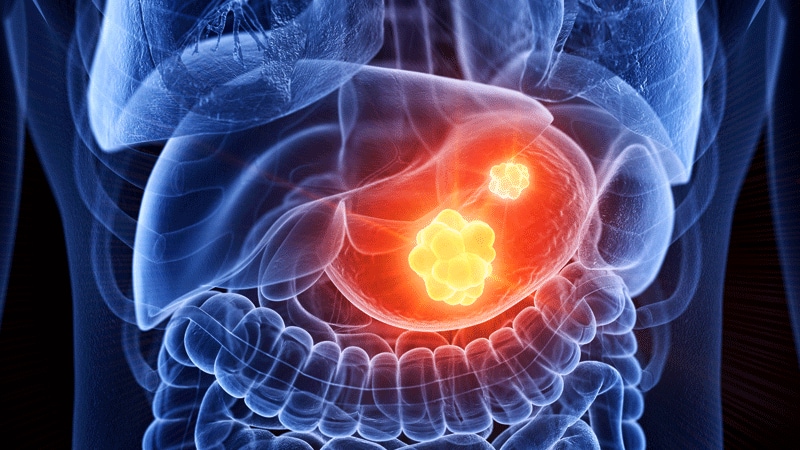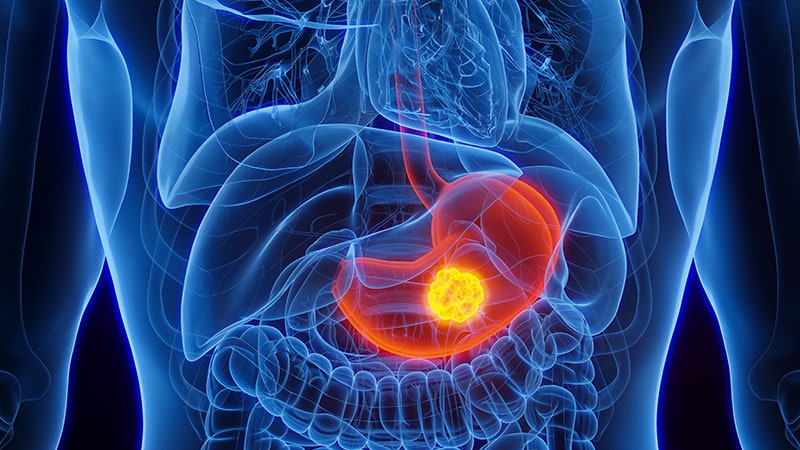Centralisation of surgical services for oesophago-gastric (O-G) cancer in England has resulted in lower postoperative mortality, according to new data published in the European Journal of Surgical Oncology.
The analysis of data on oesophageal or gastric resections carried out nationally between April 2003 and March 2014, found that the reduction in postoperative mortality cannot be explained by increased volume alone.
The centralisation of oesophago-gastric (O-G) cancer services in England was recommended in 2001, partly because of evidence for a volume-outcome effect for patients having surgery. The number of NHS trusts performing surgery decreased from 113 in 2003-04 to 43 in 2013-14, and the median annual surgical volume in NHS trusts rose from 21 to 55 patients. However, the data on consultant volume suggests that only half of surgeons meet the minimum volumes (15-20) recommended by the Association of Upper Gastrointestinal Surgeons of Great Britain and Ireland (AUGIS).
During the study period of April 2003 to March 2014, 29,205 patients underwent an oesophagectomy or gastrectomy, according to the national Hospital Episodes Statistics database. Annual 30-day, 90-day and 1-year mortality decreased from 7.4 per cent, 11.3 per cent and 29.7 per cent in 2003-04 to 2.5 per cent, 4.6 per cent and 19.8 per cent in 2013-14, respectively.
There was no evidence that high-risk patients were not undergoing surgery. Changes in NHS trust volume explained only a small proportion of the observed fall in mortality, the authors say.
The authors noted that while the process of centralisation has continued in some regions of England, notably the London and Manchester areas, at a national level, the amount of organisational change has slowed.


